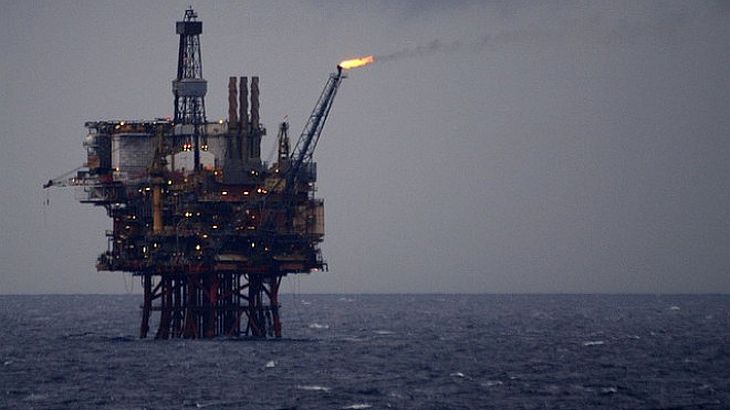Royal Dutch Shell will sell some of its North Sea oilfields as part of a USD 15 bn divestment programme over the next two years overseen by its new chief executive Ben van Beurden, writes Financial Times.
A person close to the company said Shell would divest mature upstream assets in the North Sea and elsewhere, more of its refining portfolio and some projects that have not yet reached final investment decision and “which make sense for others to develop”.
Shell has underperformed the European oil and gas sector by 6 per cent over the past year, dragged down by a string of disappointing quarterly results and concerns about how it allocates capital. It has been criticised for spending too much and not rewarding shareholders enough.
Many are hoping Mr. van Beurden, who took over from Peter Voser at the beginning of the year, will adopt a more investor-friendly approach.
Shell spent a record USD 45 bn last year – USD 5 bn above its earlier guidance. The company insists it must continue to invest heavily to improve returns and drive dividend growth over the long-term. It also said that despite last year’s splurge, it would still hit its target of USD 130 bn in capital expenditure between 2012 and 2015. But to do that, it will have to make USD 15 bn of disposals in 2014-15.
Some analysts have suggested it could go even further. Fred Lucas of JPMorgan Cazenove said in a note last month that Shell could divest as much as USD 30 bn in non-core assets “without too much thought or portfolio stress”. He cited as an example Shell’s 23.1 per cent stake in Australian energy company Woodside. “The market . . . would rate a smaller and less complex RD Shell more highly”, he wrote.
Shell has already announced strategic reviews of its US shale business, which has been losing money, and its Nigerian assets, which have been hit by rampant sabotage and oil theft. It said in September that it was selling its position in the Eagle Ford and Mississippi Lime shale plays in the US.
The company also recently announced plans not to proceed with a gas-to-liquids plant in Louisiana, which would have cost many billions of dollars
Shell has also been divesting a whole string of assets in the downstream – its refining division – which has been hit by overcapacity and weak demand for transport fuels in recession-hit Europe. In recent years Shell has sold refineries in Sweden, Germany and the UK.
Reducing its footprint in the North Sea would also be a logical step. The company was once one of the biggest players in the UK offshore industry, and still produces more than 12 per cent of UK oil and gas, with interests in more than 50 fields.
But in recent years it has sharply reduced its presence in the North Sea, often selling its older assets to smaller companies that specialise in squeezing oil out of mature fields.

